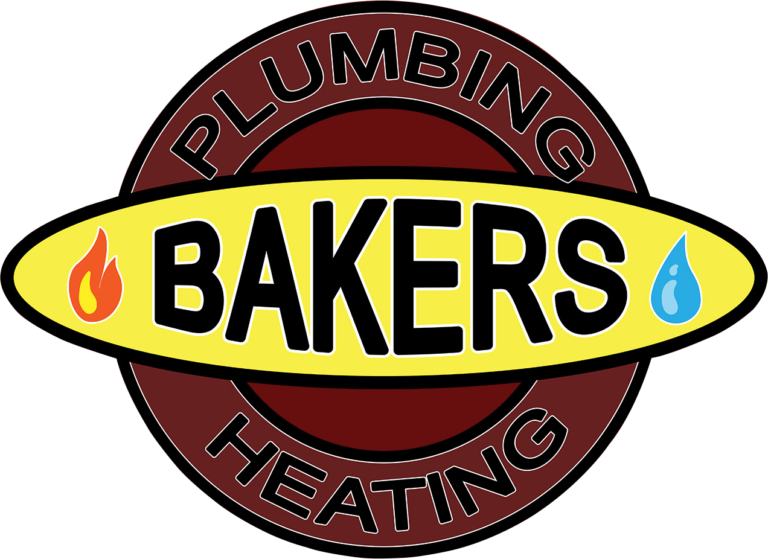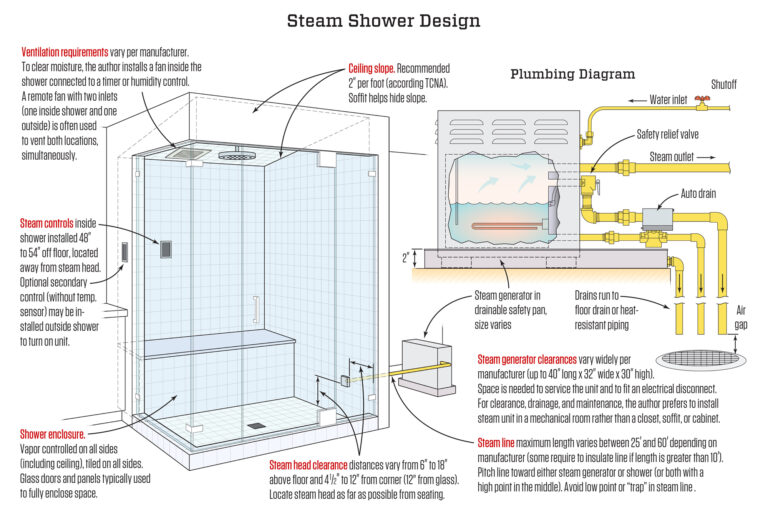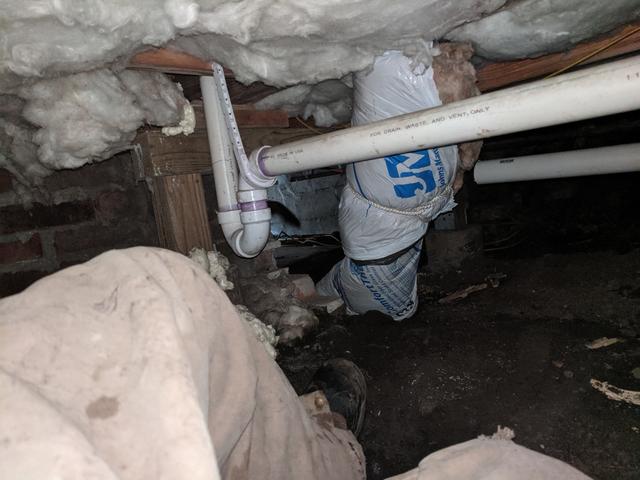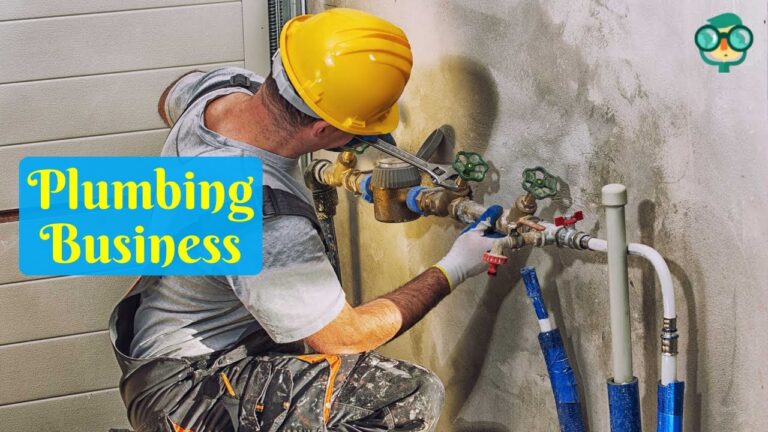Who Can Pull A Plumbing Permit?
Pulling a plumbing permit is a process that requires special attention to detail and expert knowledge of the plumbing trade. A plumbing permit is a document issued by a local government that authorizes a contractor or homeowner to begin a plumbing project. The document includes detailed information about the work to be performed, as well as any applicable local regulations. In most cases, only licensed plumbers are allowed to pull a plumbing permit, although some jurisdictions may allow a homeowner to pull a permit for their own projects. Pulling a permit is an important step in the plumbing process and should be handled with care to ensure the safety of all involved.
Definition of a Plumbing Permit
A plumbing permit is an official document issued by a local government that allows a plumbing contractor to perform certain tasks such as installation, repair, and maintenance of plumbing systems. It is a legal document that identifies the work being done, the contractor responsible, and the requirements that must be met in order to ensure the safety and quality of the work. Plumbing permits are an important part of ensuring that plumbing work is done correctly and safely, and they are necessary for any plumbing work that is done in a municipality.
Eligibility Requirements for Obtaining a Plumbing Permit
Obtaining a plumbing permit can be a complicated process, but it is necessary to ensure your plumbing work is up to code and safe for use. To obtain a plumbing permit, you must meet certain eligibility requirements. These include holding a valid plumbing contractor’s license, providing proof of training and experience, and submitting a completed application and fee. Depending on your jurisdiction, you may need to pass a written or practical plumbing exam. Additionally, you may need to provide proof of passing a background check and workers’ compensation insurance. It is important to research the specific regulations in your area, as requirements may vary. By meeting the eligibility requirements for a plumbing permit, you can be sure that any plumbing work you do is safe and up to code.
The Process for Applying for a Plumbing Permit
A plumbing permit is a crucial document that ensures that the plumbing work carried out in a home or building meets all safety regulations and codes. Applying for a plumbing permit is a straightforward process, but it requires planning and organization. First, you must gather all relevant paperwork, such as drawings, sketches, and other documents needed for the application. Next, you must submit the application to the local plumbing authority, pay any associated fees, and wait for approval. Once approved, you will receive your plumbing permit, which is valid for a set amount of time and must be kept up-to-date. By following these steps, you can ensure that your plumbing work is done safely and correctly, and that all regulations and codes are met.
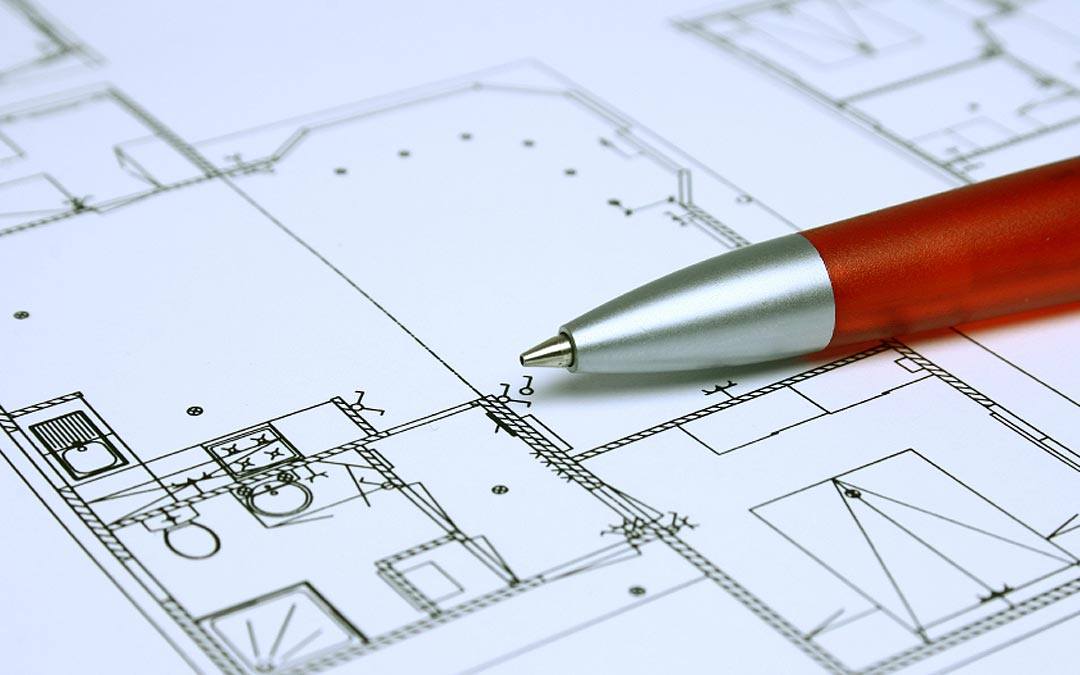
The Cost of a Plumbing Permit
There’s nothing worse than waiting for a plumbing project to be completed, only to find out that you need a permit first. But understanding the cost of a plumbing permit can help you budget for your project and make sure it gets completed on time. A plumbing permit is required for any work that involves changing the plumbing system, including installation, repair, and replacement of pipes, fixtures, or water-using appliances. The cost of a plumbing permit can vary from state to state and even from city to city. To find out more about the cost of a plumbing permit, contact your local municipality or a licensed plumbing contractor. With the right information, you can plan accordingly and make sure your project is up to code.
Benefits of a Plumbing Permit
A plumbing permit is an essential component of any plumbing project. It ensures that all work is done safely and up to code. The benefits of obtaining a plumbing permit before beginning any project include:
1. Peace of Mind: A plumbing permit will provide peace of mind for both the contractor and the homeowner, as it will ensure that plumbing work is done according to local regulations and safety standards.
2. Cost Savings: Plumbing permits may require additional upfront costs, but they can save you money in the long run. If you fail to get a permit, you may be subject to fines and may even have to redo the project.
3. Professional Quality: A plumbing permit signals to other professionals and inspectors that you are taking the project seriously and are doing the work right. This can help to ensure the quality of the job.
Overall, a plumbing permit is an essential part of any plumbing project. It is a way to ensure that the work is done safely and up to code, and can save you money and provide peace of mind in the long run.
Common Mistakes When Applying for a Plumbing Permit
Getting a plumbing permit is a necessary step for any plumbing project, but it can be a confusing and time consuming process. This blog post will provide advice on how to avoid common mistakes when applying for a plumbing permit. We’ll discuss topics such as how to determine the right type of permit, correctly completing the application, and how to submit the permit. We’ll also cover the importance of having the right documentation, and provide tips on how to ensure that your application is processed quickly and correctly. By following these guidelines, you can ensure a successful and efficient application process for your plumbing permit.
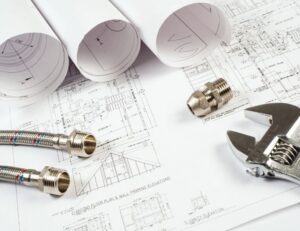
FAQs About the Who Can Pull A Plumbing Permit?
1. Who is eligible to pull a plumbing permit?
A plumbing permit can be pulled by a licensed plumber or someone who has taken a plumbing course and has the necessary credentials.
2. What is the process for obtaining a plumbing permit?
The process for obtaining a plumbing permit typically includes submitting an application to the local building department in your area, providing the necessary documentation, and paying the applicable fees.
3. Is a plumbing permit required for all plumbing projects?
Yes, a plumbing permit is required for any plumbing project, regardless of size. This is to ensure that the project is completed according to local regulations and building codes.
Conclusion
In conclusion, who can pull a plumbing permit depends on the specific state or locality in which the work is taking place. Generally, the permit must be pulled by a licensed plumber or a qualified contractor. Some states and localities may require a homeowner to pull a permit if the homeowner is completing the plumbing work themselves. It is important to check with the local authorities to ensure that the necessary permits are obtained before any plumbing work is commenced.



